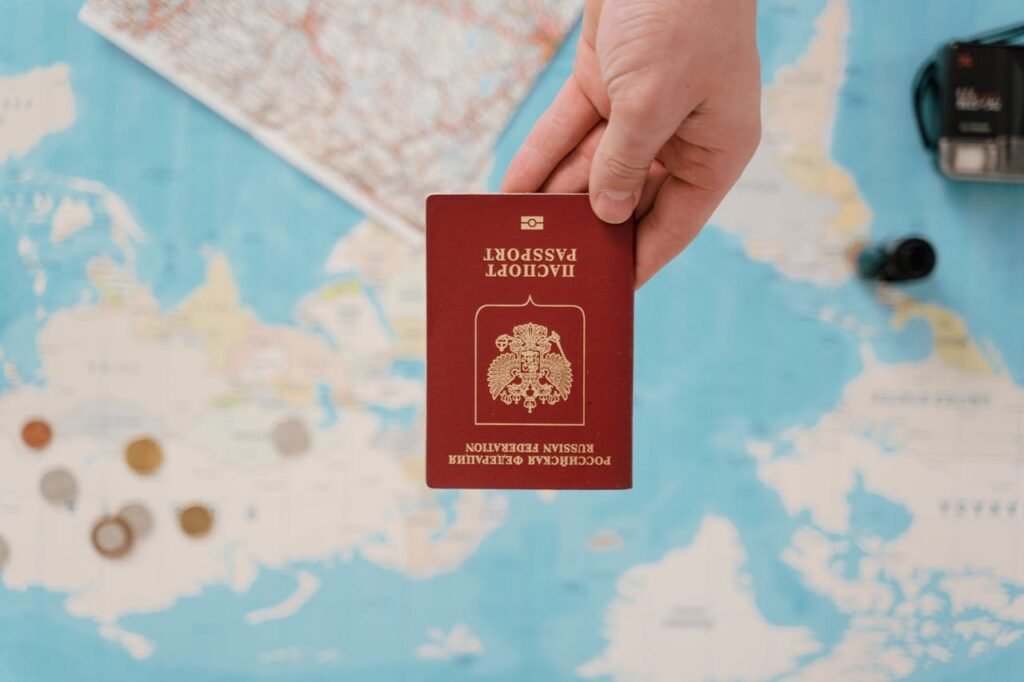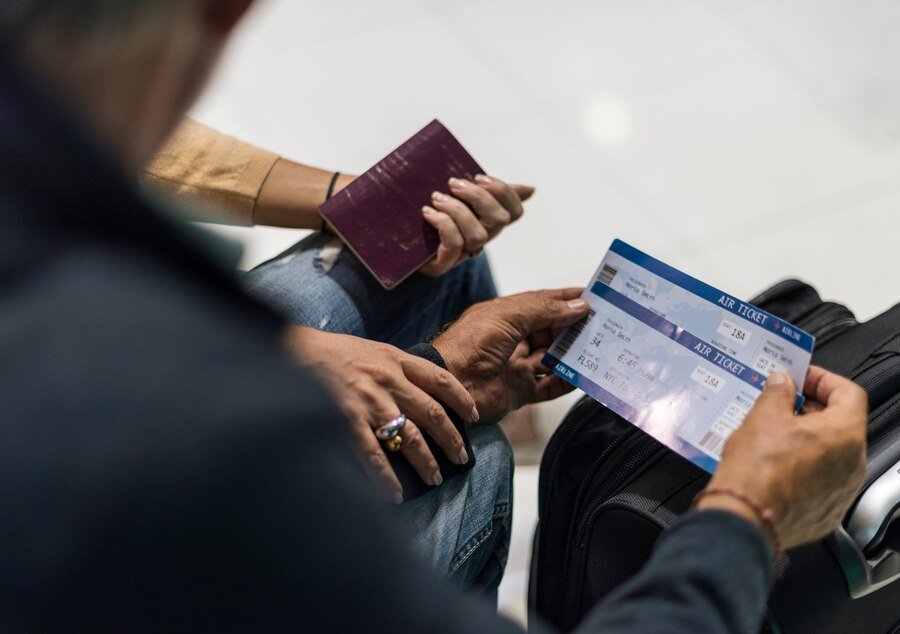Type of visas
Study & Education Visas
Work & Employment Visas
Family & Dependent Visas
Tourist & Visitor Visas
Immigration & Residency Visas
Special & Humanitarian Visas
Tourist & Visitor Visas
Issued for leisure travel, visiting family and friends, short-term business activities, or religious pilgrimages. These visas are usually temporary and do not allow employment. Some countries also offer medical visas for individuals seeking healthcare services abroad.

Work & Employment Visas
Granted to individuals with a valid job offer, skilled professionals, seasonal workers, or entrepreneurs looking to start a business. Some visas require employer sponsorship, while others allow self-employment. Work visas often lead to long-term residency based on employment duration.

Study & Education Visas
Designed for students enrolling in foreign universities, schools, or educational exchange programs. These visas typically have restrictions on employment but may allow limited work opportunities. Some countries also offer post-study work options for graduates.

Family & Dependent Visas
Issued to spouses, children, parents, and other dependents of a citizen or resident. These visas allow family reunification and may permit limited work or study opportunities. Some countries offer a direct path to permanent residency for family members.

Immigration & Residency Visas
For individuals seeking long-term residence, including permanent residency, investor programs, and retirement visas. These visas often require financial proof, investment in the country, or meeting specific residency criteria. Some lead to citizenship after a certain period.

Transit Visas
Short-term visas for travelers passing through a country en route to another destination. These visas are required if you have a layover beyond a specified duration. They do not allow travelers to stay in the country beyond the transit period.

Special & Humanitarian Visas
Issued for refugees, asylum seekers, diplomats, religious workers, and special cases. These visas are granted based on humanitarian needs, international agreements, or official duties. They may provide residency, work rights, or diplomatic privileges.

